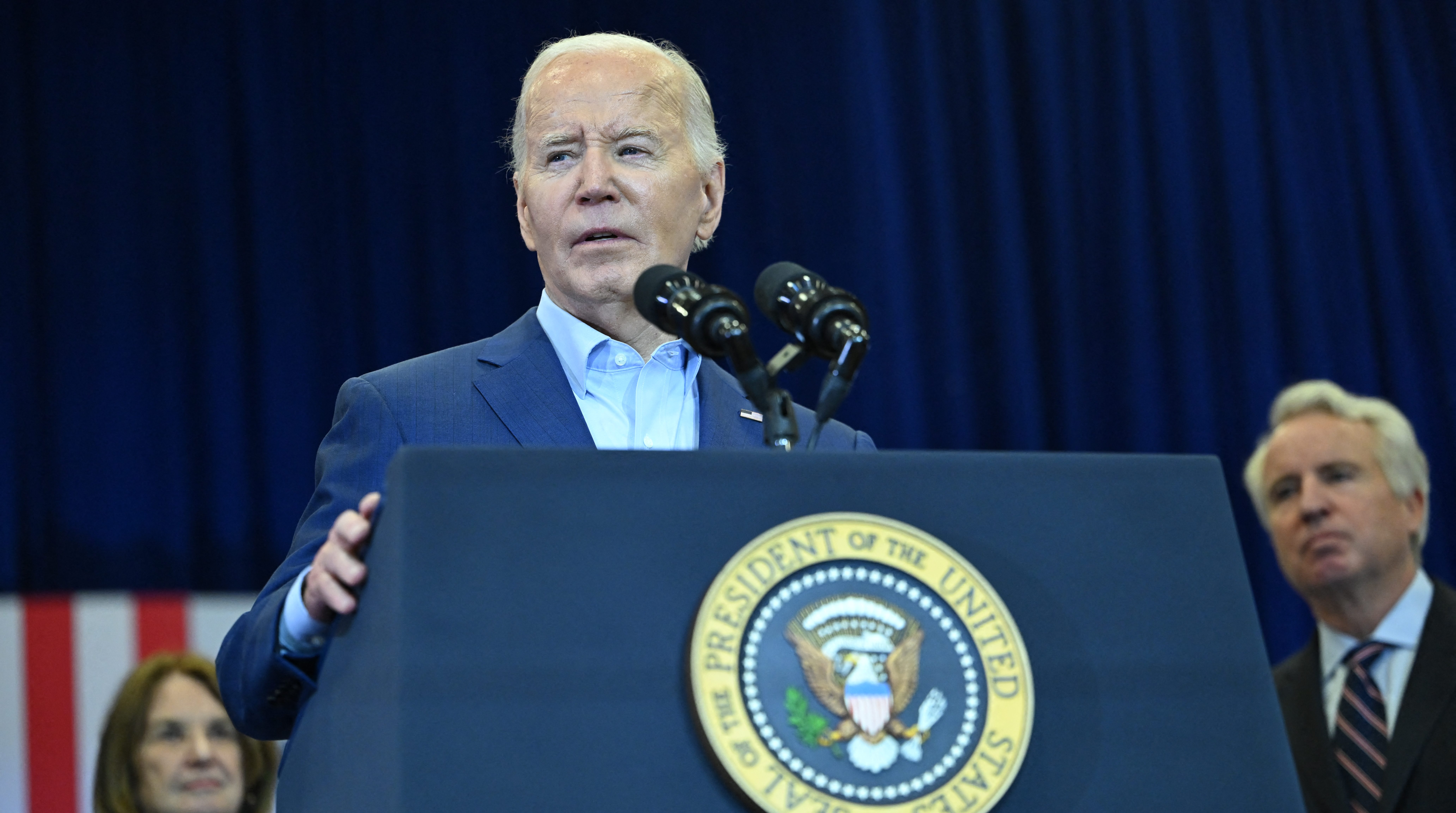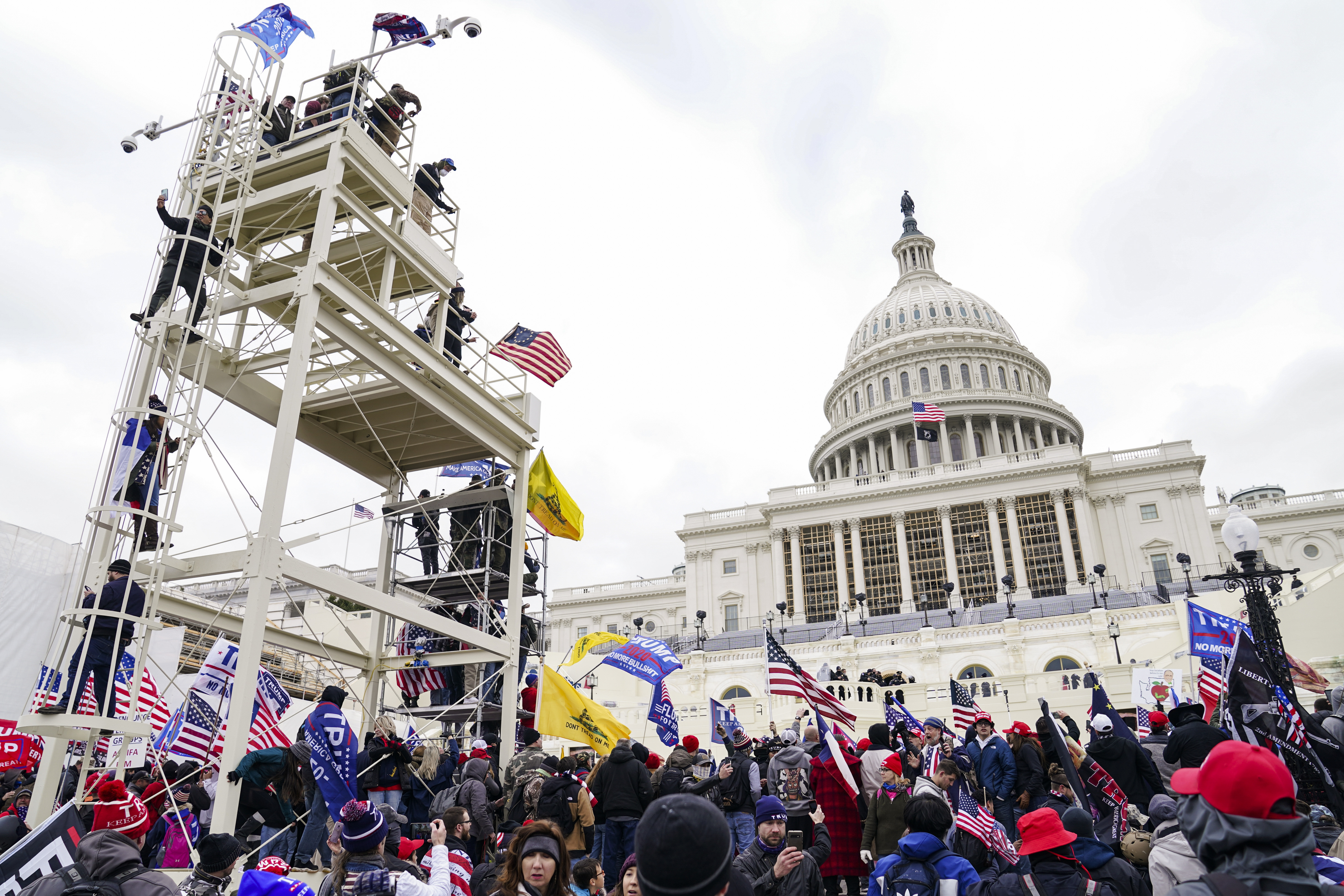An expansion of gambling has been suggested as Texas faces a projected shortfall that some lawmakers say could hit $18 billion.
Republican Speaker Joe Straus told House budget writers Tuesday that they'll have to handle a state shortfall of at least $11 billion without new taxes, but he raised the possibility of unpaid furloughs and four-day workweeks for state workers.
"Increasing taxes would restrain economic growth and hinder our ability to create jobs," Straus said at a meeting of the House Appropriations Committee. "Come next session, I'm confident that we can make thoughtful, responsible decisions to balance our budget, but this will require tough choices, significant cuts in some areas and perhaps totally new thinking in others."
Texas' current budget is more than $182 billion in state and federal dollars. The biggest chunks of spending are on education and health care.
The budget shortfall, which officials said Tuesday could be as high as $18 billion, is largely a result of the national recession. It's the projected difference between available revenue, mostly from lower-than-expected sales taxes, and the cost of maintaining services at their current levels. The state's Rainy Day Fund is expected to have a balance of about $8.2 billion.
"Because so much of our general revenue budget goes to personnel, I hope that you will find creative ways to contain personnel costs and limit payroll growth," Straus told the committee. "You might consider the impact of freezing higher-level salaries or limiting new hires to only those essential to the public safety and welfare of our citizens."
He said Texas must look at what other states are doing to handle budget shortfalls, including unpaid furloughs and four-day workweeks.
Politics
Politics from around the world.
Straus also mentioned imposing a moratorium on all new programs and services that require state money and a prohibition on issuing state bonds because of the ongoing cost associated with debt.
"I'm not advocating for any one of these choices, in particular, but I do know that every cost savings idea must be on the table."
Later during the meeting, committee Chairman Jim Pitts, R-Waxahachie, said legalized gambling would be a possible option.
"I just tell it like it is," he said. "It will be helping us in the future and with what we've heard today we will continually be needing revenue in the state of Texas."
Lt. Gov. Dewhurst and Gov. Rick Perry both say they oppose any expansion of gambling in Texas.
Dewhurst, who presides over the Senate, spent his first session in the office facing a $10 billion budget shortfall in 2003.
"This is not my first rodeo," Dewhurst told The Associated Press Tuesday. "I went through it in 2003 and it was a lot tougher in 2003 than it's going to be in 2011. Our challenge in 2011 is to cover the dollars that went into the 2009 budget from the federal stimulus and the previous balances that we used, plus any shortfalls that we have in our revenue estimate.
"I think we're in pretty good shape," he said.
Dewhurst said with more money in the Rainy Day Fund, axing one-time items that were funded in 2009, payments from the state's Available School Fund that were not available last year and improvement in the economy would help ease the pain.
Dewhurst did agree with Straus' assessment that the federal health care overhaul will only exacerbate the state's budgetary woes.
"Over the next few years, Texans will face higher federal income taxes and other increases in federal levies, including for Social Security and Medicare as result of the federal health care reforms," Straus said. "Our work on the budget will begin in an environment of uncertainty as the federal government grapples with spending and tax measures to reduce the federal debt. This makes it even more imperative that the state of Texas cover its budget shortfall without a tax increase."
State agencies have submitted proposals to cut current-year budgets by 5 percent at the behest of Perry, Dewhurst and Straus. But those savings will only amount to about $1.7 billion, officials have said.
"The 5 percent that we requested was just the beginning," Straus said. "It was absolutely necessary but not nearly sufficient."



